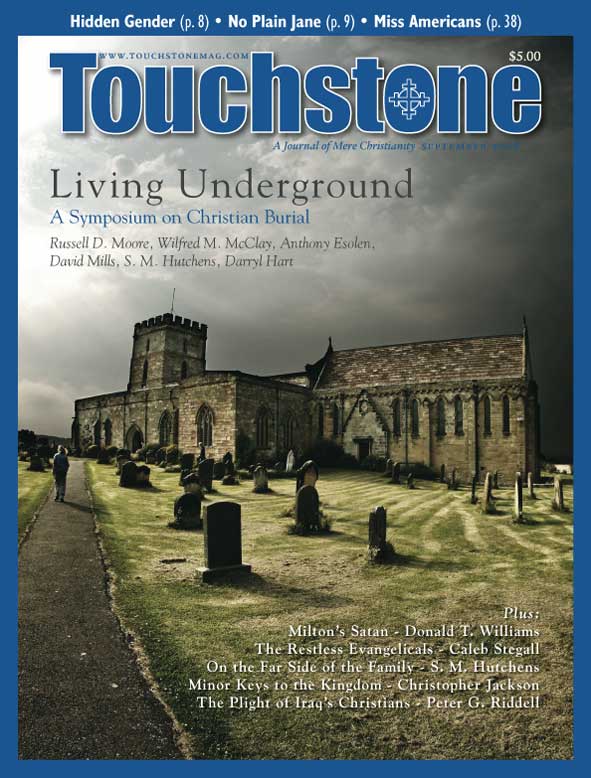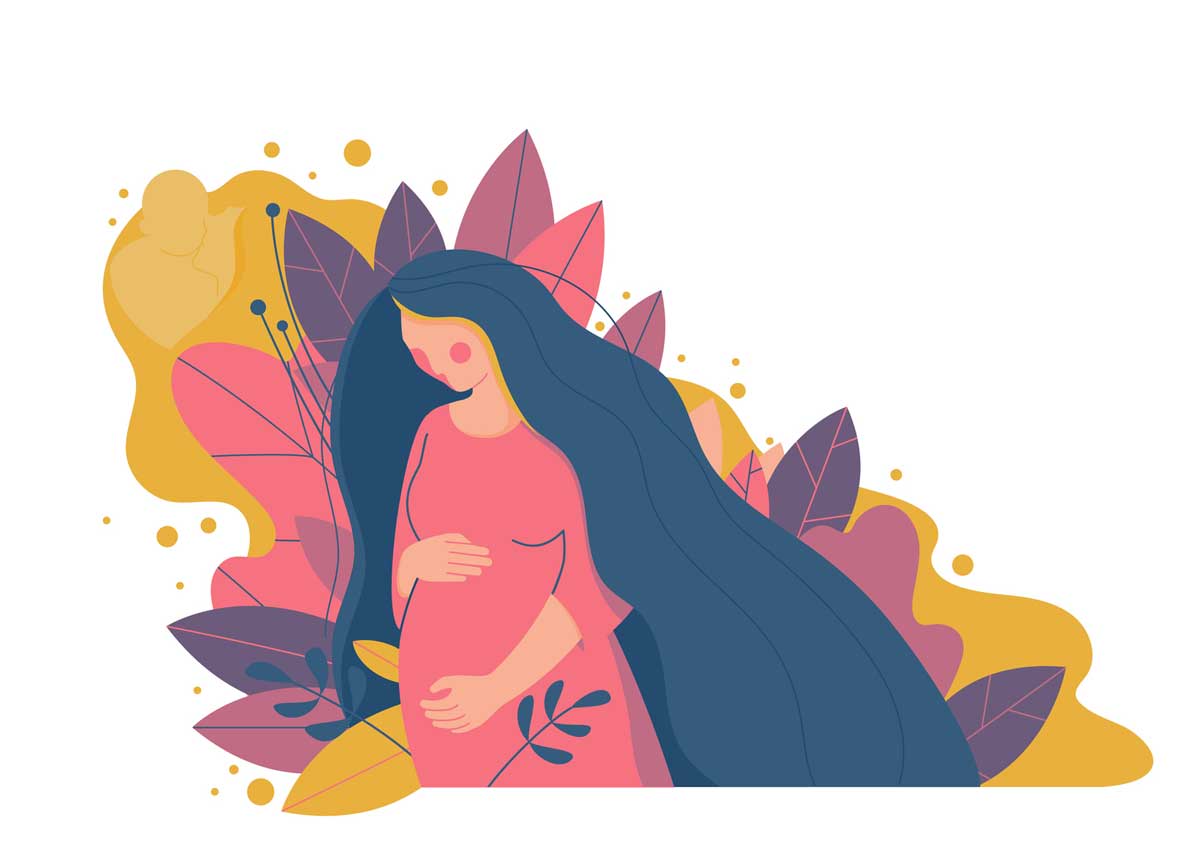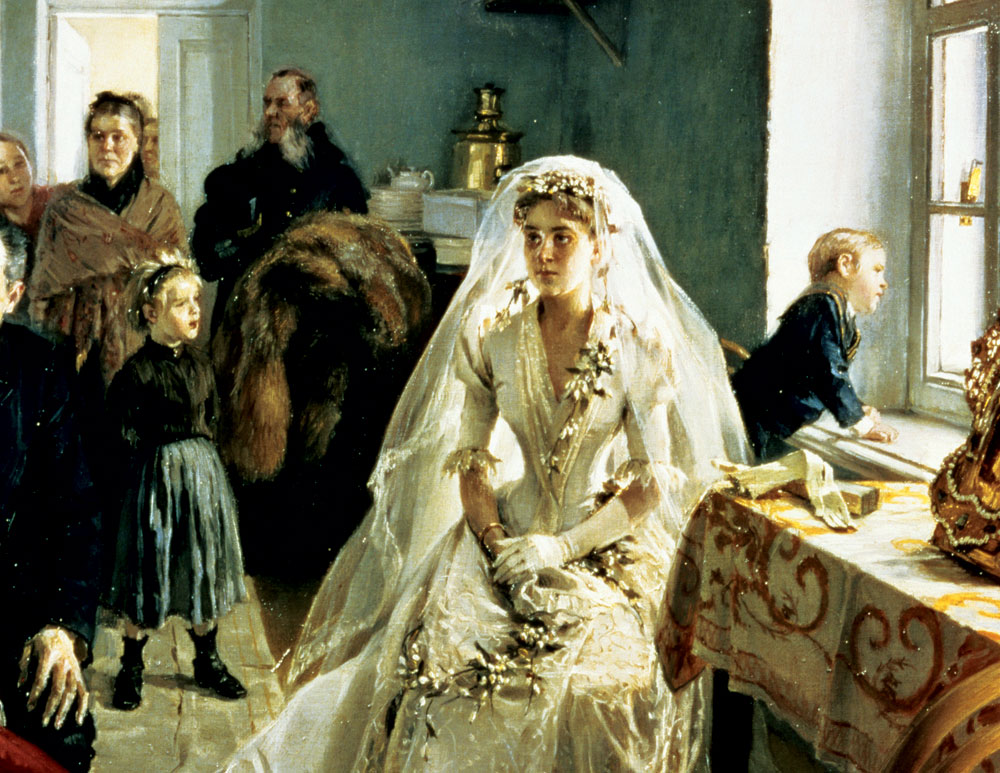On the Far Side of the Family
The Love That Transcends the Killjoy Child
In a lecture delivered before the 2008 International Conference on Family and Society in Barcelona, Allan Carlson, International Secretary of the World Congress of Families and contributing editor to this journal, laid heavy emphasis on the natural family as the source of bountiful joy. Not just joy, but “bountiful” joy, an “intense and exultant experience that can last for hours, or days, before it settles into an inner peace.”
“In this world,” Carlson noted,
joy cannot be perpetual. However, it is possible for joy to return, over and again. Thus, an essential human project becomes the creation of a culture and social structures that encourage such bountiful renewal. Such ways of living must give freely and generously. They must be plentiful and marked by abundance; they must be fruitful and multiply. . . . The possibility of happiness and joy rests, of course, within a larger matrix of sacrifices, sorrows, foregone opportunities, and trials that also mark family life. Living together in families requires that persons confront and overcome their own selfishness. All the same, it is only through this task that the possibility of joy opens on the far side.
In a recent Quodlibet I referred to one of the better-known antagonists of this proposition, the French author Corinne Maier, whose book No Kid: Forty Reasons Not to Have Children gives reasons why children are, by and large, parasitic on life and its joys; the degree to which one must concern oneself with them is a degree to which in all likelihood one misses the joy of life in the toils of obligation toward creatures who are damaging, demanding, disorderly, and ungrateful.
My own experience of parents and children leads me to react sharply to such manifestos with the observation that parents whose children are like this have usually brought it upon themselves. Assuming the superior knowledge of their own more evolved generation, they are easily seduced by the Spirit of the Age, who has discouraged traditional parental wisdom and undermined its authority at every turn. Their offspring may be expected to become the burdensome and unenjoyable company Maier makes them out to be, nor are the pestilential imps something the parents can easily escape, especially if they lack sufficient wealth. Their steps are dogged day and night by these creatures for whom the word “killjoy” seems to have been specially made.
But there is something more to be said, something that goes infinitely beyond the normal causes and effects of disciplinary order. Carlson has identified joy as a “possibility” that opens “on the far side of” sacrifices, sorrows, trials, and foregone opportunities. This brings us to the threshold of the mystery of love, which does not yield the secret of its joys to any except those to whom it has been given, and who in turn give it to others. It is meant to be found first in families, where children who cannot earn it are given its full benefit for heart-reasons that transcend considerations of domestic tranquility.
While it is easy to see why anyone who can manage a bit of independent thinking would defy any number of “experts” by disciplining his children so they can be happy and make him happy in return, why a person would voluntarily submit, for someone else’s sake, to sacrifices and sorrows for a joy that is a “possibility” on “another side” is something different. This is love in its highest form, and while it is the source of parental wisdom on happiness in this world, the counsels of joy transcend it, pointing as they do to another world, and that world’s children as objects of a familial grace that will always be beyond their understanding.
— S. M. Hutchens, for the editors
S. M. Hutchens is a senior editor and longtime writer for Touchstone.
subscription options
Order
Print/Online Subscription

Get six issues (one year) of Touchstone PLUS full online access including pdf downloads for only $39.95. That's only $3.34 per month!
Order
Online Only
Subscription

Get a one-year full-access subscription to the Touchstone online archives for only $19.95. That's only $1.66 per month!
bulk subscriptions
Order Touchstone subscriptions in bulk and save $10 per sub! Each subscription includes 6 issues of Touchstone plus full online access to touchstonemag.com—including archives, videos, and pdf downloads of recent issues for only $29.95 each! Great for churches or study groups.
Transactions will be processed on a secure server.
more on family from the online archives
more from the online archives

33.1—January/February 2020
Do You Know Your Child’s Doctor?
The Politicization of Pediatrics in America by Alexander F. C. Webster
calling all readers
Please Donate
"There are magazines worth reading but few worth saving . . . Touchstone is just such a magazine."
—Alice von Hildebrand
"Here we do not concede one square millimeter of territory to falsehood, folly, contemporary sentimentality, or fashion. We speak the truth, and let God be our judge. . . . Touchstone is the one committedly Christian conservative journal."
—Anthony Esolen, Touchstone senior editor











